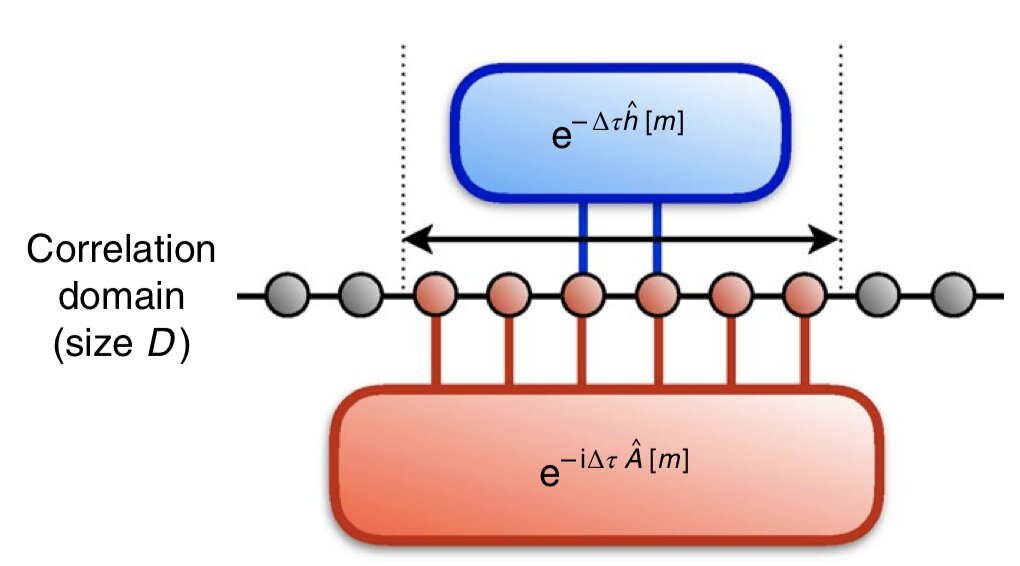
Researchers at the California Institute of Technology (Caltech) have recently published the development of three new algorithms that could help to overcome the limitations of existing phase estimation and variational methods techniques for computing Hamiltonian eigenstates on quantum computers. These algorithms, dubbed quantum imaginary time evolution, quantum Lanczos and quantum METTS algorithms, were presented in a paper published in Nature Physics.
The key aim of this recent study was to develop new quantum algorithms for determining ground, excited and thermal states on quantum computers. The researchers tried to circumvent the practical limitations of existing techniques for computing Hamiltonian states by leveraging notions from classical computer physics, such as imaginary-time evolution, exact diagonalization and finite-temperature state sampling, ultimately extending these notions to quantum computing algorithms beyond what previously accomplished.
By collecting information as imaginary-time evolution unfolds, however, these algorithms can formulate and solve an eigenvalue problem that provides access to specific excited states, employing a quantum variant of the Lanczos approach, a well-established mathematical technique to compute eigenvalues and eigenvectors.
The quantum imaginary time evolution algorithm and Lanczos algorithm proposed by the researchers have several advantages over existing and classical techniques. For instance, as they are rooted in physical intuition, they can be implemented on contemporary quantum hardware and do not require deep circuits, ancillary qubits and complicated parameter optimizations, which are indispensable for other quantum algorithms.(Phys.org)
